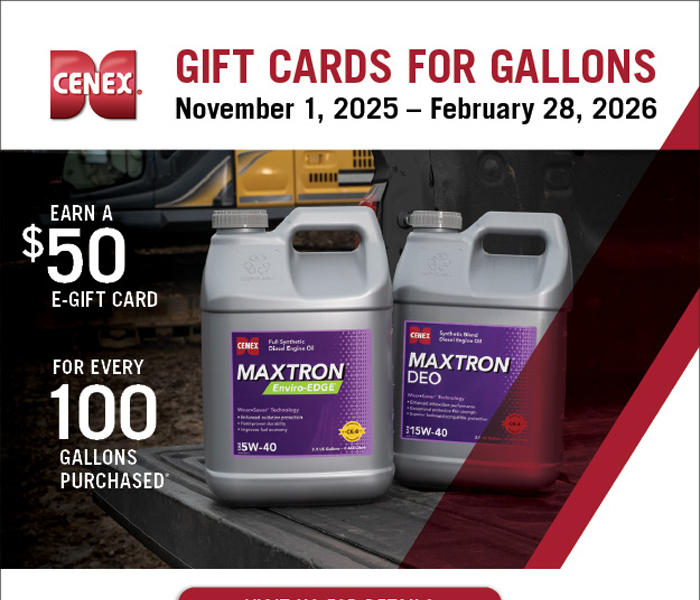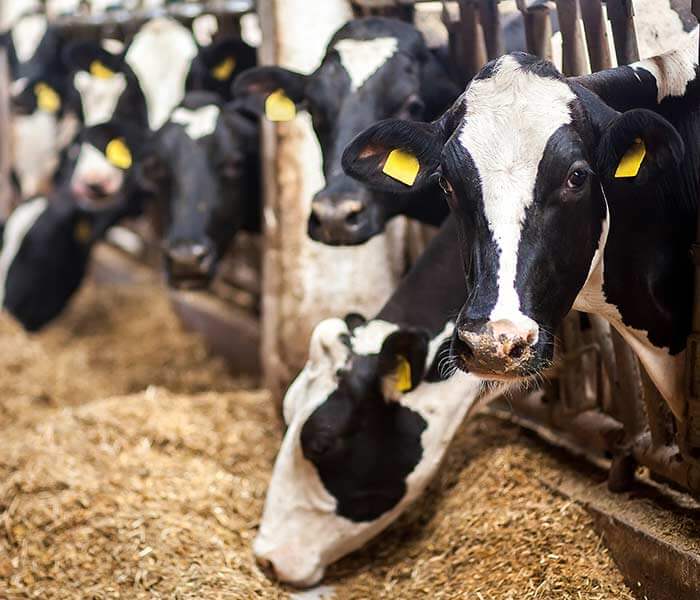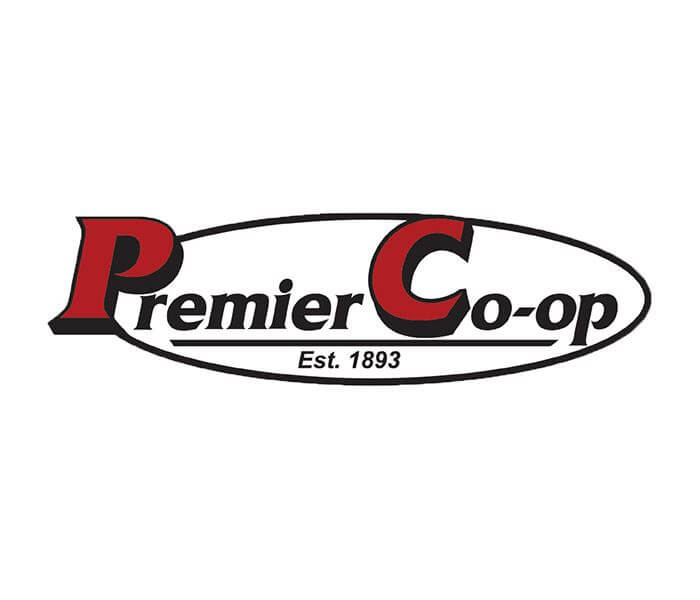Is your TMR working how it should?
Have you ever wondered why you aren’t able to get the production you want? Have you ever been left scratching your head for a solution to what seems like an unsolvable problem on the farm? Well, this might be your wake-up call to have a TMR audit done. TMR audits are relatively fast and easy to do and will help you determine if your TMR is working how it should, giving you the best results possible.
When conducting a TMR audit we want to observe the mixer itself and make sure that there are no worn-out parts that could be keeping the mixer from doing its job. That means checking knives, kicker plates and augers to make sure they are in good working condition.
If you are using a vertical screw auger TMR, you’ll want to make sure your augers are timed right. You also must observe how the mixer and tractor look hooked together, making sure they are leveled. This will keep the feed mixing properly.
After observing the mixer empty, the next step is to observe how the feeder is loading the TMR. When loading the TMR, feeders should start with low-inclusion ingredients to help evenly distribute them throughout the mix. If adding bales of hay or straw, it’s best to process with a bale processor prior to adding them into the TMR. If a bale processor is not available and you are using your mixer for processing, make sure you are pulling the forage restrictors out after processing. These can cause dead spots in the mixer, making an inconsistent mix.
Once the TMR has had the last ingredient completely added to the mixer, we want to see 90-100 rotations or about four minutes of mixing for an optimal mix. Any mixing done before the last ingredient is completely added does not count towards this. Most of the time producers are working with one large mixer sized for milk cow pens. This usually means that the mixer is too big for specialty groups like pre-fresh cows. When mixing smaller mixes, it is best to put the mixer in second or high gear. This will allow the feed to be tossed around and mixed more consistently. In doing so, we can cut mix times down to about two and a half minutes to get the 90-100 spins that is needed.
When conducting TMR audits, there usually aren’t any large findings. What we usually find is worn out parts, too short of mixing times and un-level ground. All very easy things to fix that take relatively little time. So, next time you head out to feed the cows, watch your feeder for some of the points made above. Any minor adjustments made will likely have a major impact on your operation.. Contact your local Premier nutritionists with any questions on TMR audits.
Craig Wagner
Livestock Nutritionist




